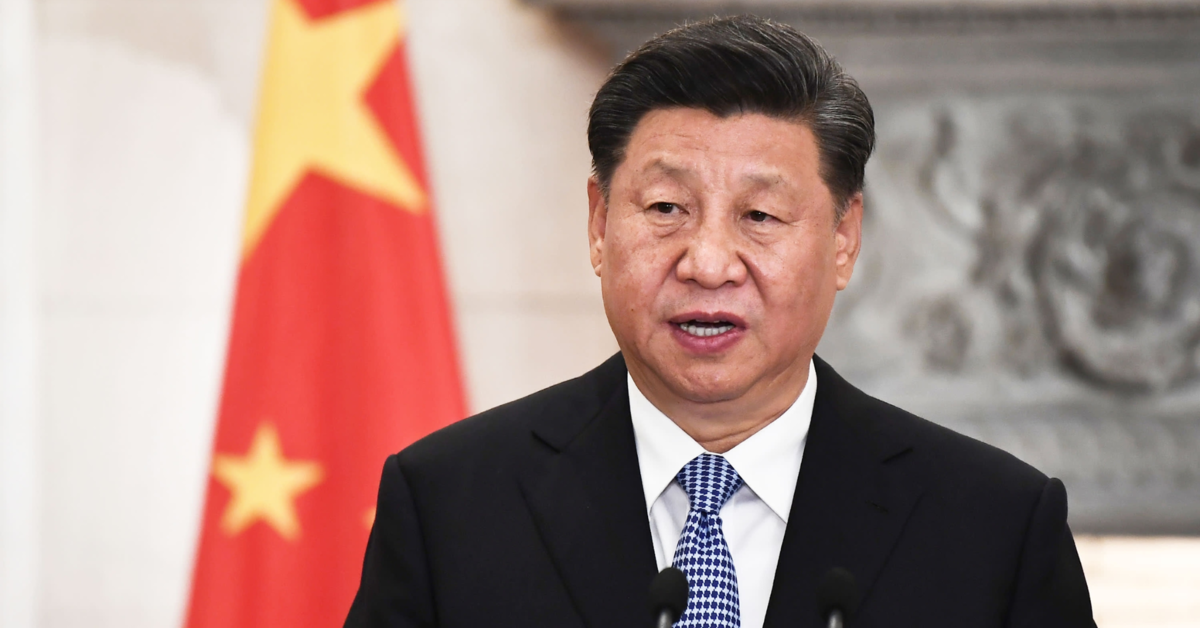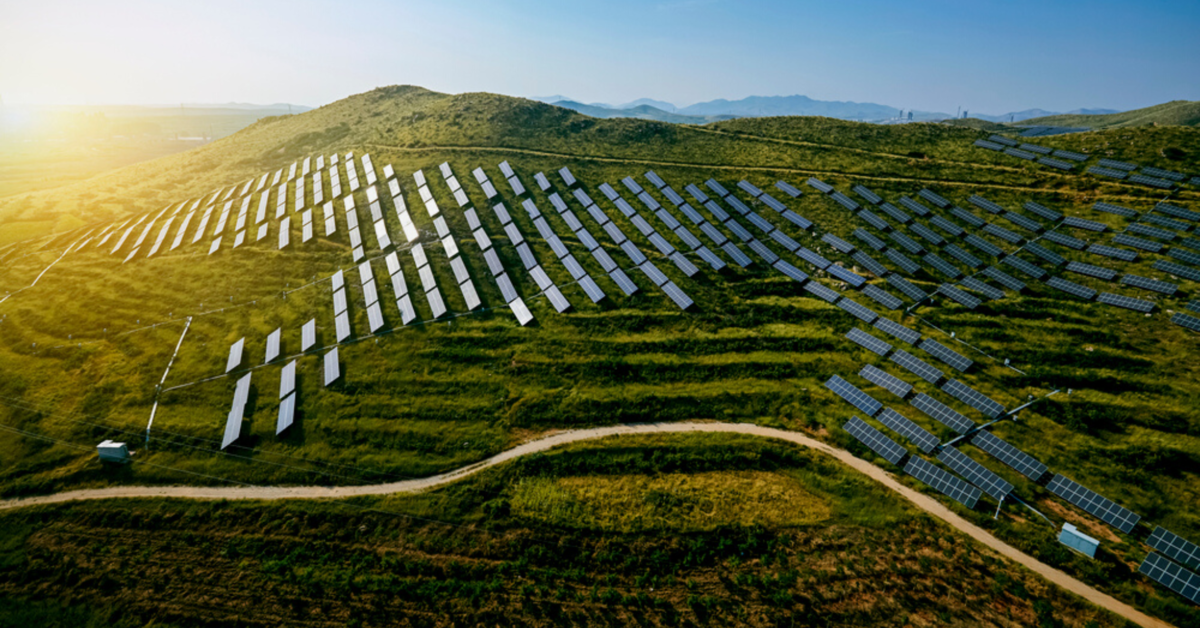Five Facts to Know: China, the Party Congress, and Sustainability
When China’s 20th Party Congress concluded last month, politics and national security dominated the headlines, with climate and sustainability issues taking a back seat. However, the question of how China tackles its massive environmental challenges at home and abroad is certainly no less consequential. As the world’s largest emitter of greenhouse gases — and, simultaneously, one of the biggest sources of climate solutions — China’s actions matter. So, what did we learn from the Party Congress? What is the status of China’s commitments to green its economy? And as world leaders gather this week in Sharm El Sheikh, Egypt, for the UN COP27 climate conference, what can we expect from China?
Here are five facts to know:
1. Xi Jinping recommitted to China's dual carbon goals.
In his report to the congress, President Xi pledged that China will continue to actively advance its “dual carbon” goals — that is, peaking carbon emissions by 2030 and achieving net-zero by 2060. This is the first mention at a party congress of China’s dual-carbon goals since Xi announced them in 2020, which implies both high-level political buy-in, and Xi’s determination to place environmental achievements as his enduring legacy.
Meeting these dual carbon goals will be an enormous undertaking. China’s carbon emissions have tripled in the past three decades, and surpassed the U.S. in the mid-2000s. The country accounts for 27% of global emissions — more than the combined emissions of the developed world. But, at the same time, China is quickly becoming a global powerhouse in investing in and deploying green technologies and infrastructure. It has installed more renewable energy power capacity than the U.S., Brazil, India, Germany and Japan combined, and its renewable energy investment has surpassed both the U.S. and Europe.
2. Biodiversity is moving up the agenda.
Xi referenced the need to implement comprehensive biodiversity conservation strategies, and touted China’s progress to date. “Ecological and environmental protection has undergone a historical, transformational and comprehensive change,” Xi said in his work report. “Our motherland’s skies are bluer, the mountains are greener and the water is clearer.”
This messaging is part of a broader shift in the Chinese leadership that stresses the importance of biodiversity conservation and restoration. In the past two years, China assumed the presidency of the Convention on Biological Diversity (CBD) COP15, announced the creation of the Kunming Biodiversity Fund, established China’s first national park system, created new initiatives to protect wetlands, and initiated efforts to plant hundreds of millions of trees to recover from past deforestation.
3. China seeks to position itself as a leader in global climate governance.
Xi noted that China must “actively participate in the global governance of climate change.” This stance represents a stark difference from just over a decade ago, when China was considerably less engaged in global climate governance, and insisted that its status as a developing country justified exemptions from global emission reduction targets. Now, Beijing increasingly views climate action as a key part of China’s efforts to boost its international prestige and lead a new “global green industrial revolution.” Xi has used the UN as a platform to announce China’s ambitious goals for its transition to net zero. China is also leveraging climate issues to build ties internationally, cooperating with the United Kingdom on new vehicles for green finance, advising emerging markets on the establishment of carbon exchanges, and co-chairing the G20 climate finance working group with the U.S.
4. China will actively promote green consumption and lifestyles.
In his opening remarks, Xi noted the importance of “green consumption” and “green and low-carbon production methods and lifestyles.” The green transition, in other words, is not just a whole-of-government project, but a whole-of-society one. This has big commercial implications. One report by Goldman Sachs estimates that the market potential of environmental goods and services is over US$16 trillion. The upshot is that China’s emphasis on green innovation and lifestyles could create an opportunity for foreign firms that offer solutions to the country’s climate and environmental problems.
5. While climate action is important, energy security takes precedence.
China’s recent power blackouts put a spotlight on the country’s energy security and raised questions about how energy security should be balanced against the green transition. Xi’s answer: “China will advance initiatives to reach carbon peaking in a well-planned and phased way, in line with the principle of establishing the new before discarding the old.” In other words, when it comes to the clean energy transition, China wants evolution — not revolution — of its existing systems. Its existing systems, however, are heavily reliant on fossil fuels. China relies nearly 60% on coal for its energy mix. Oil and gas make up roughly 30%.



